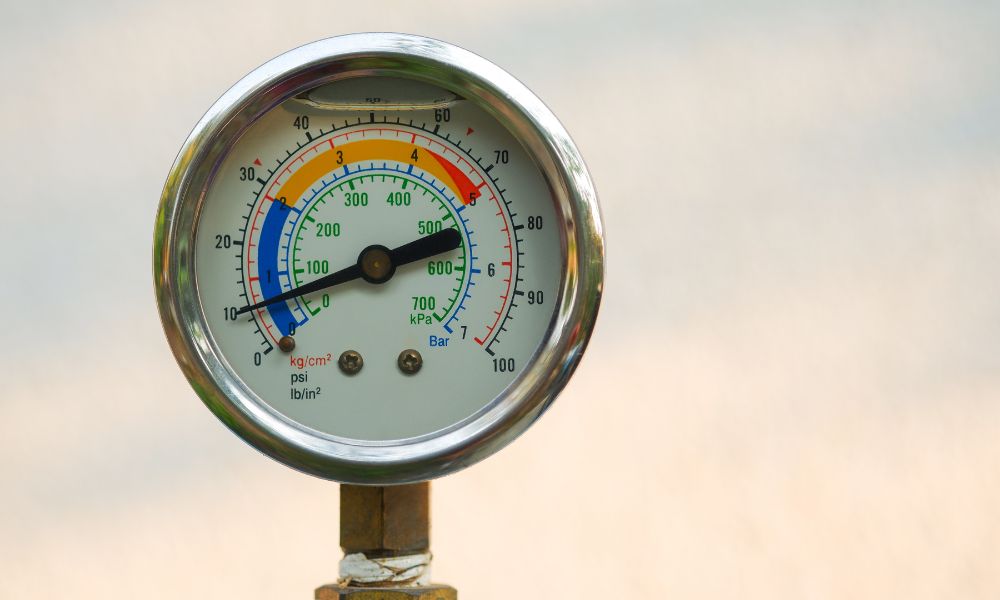-
play_arrow
KSLM Live KSLM AM & FM
-
play_arrow
Demo Radio Nr.1 For New Music And All The Hits!
-
play_arrow
Demo Radio Techno Top Music Radio
-
 play_arrow
play_arrow
03-05-2022 Micky Garus

Experiencing low water pressure in your home can be more than just an inconvenience; it’s a puzzling issue that can disrupt your daily routines, from showering to doing the dishes. Various factors could be at play when you notice a significant drop in water pressure.
Let’s look at four possible causes of low water pressure in your house and how you can address them.
Clogged Pipes
Over time, mineral deposits and debris can build up in your pipes, causing blockages that restrict water flow. These blockages are especially common in homes with hard water, which has high levels of minerals like calcium and magnesium. The buildup inside your pipes reduces water pressure and affects the quality of your water.
To address this issue, it’s recommended to have your pipes professionally cleaned or replaced if they are severely clogged. You can also install a water softening system to prevent future buildup and protect your pipes.
Faulty Pressure Regulator
A pressure regulator is a small device that controls water flow from the main supply line into your home. If this regulator is faulty or malfunctioning, it can cause a significant drop in water pressure. This drop is often to blame if you notice low water pressure in specific fixtures while others have normal pressure.
You can check if your pressure regulator needs replacing using a pressure gauge. If the reading is below 40 psi (pounds per square inch), then it’s likely that your regulator needs to be fixed or replaced.
Leaking Pipes
A leak in your plumbing system can also result in low water pressure. This leak is because the water gets diverted from its intended destination, reducing the overall water flow. Aside from low pressure, other signs of a leaking pipe include increased water bills and unexplained wet spots in your home.
If you suspect a leak, it’s best to call a professional plumber to locate and fix it. Knowing how to detect a water leak in your pipes can save you time and money in the long run.
Municipal Water Supply Issues
In some cases, the cause of low water pressure may be out of your control. Municipal water supply issues, such as mainline breaks or maintenance work, can affect the water pressure in your home. If you notice a sudden drop in water pressure, it’s worth checking with your local water provider to see if there are any known issues currently at play.
You can only wait to resolve the issue if this is the case. In the meantime, you may want to store some extra water for essential tasks like cooking and hygiene.
Low water pressure can be caused by a variety of factors, from clogged pipes to faulty regulators. It’s important to address the issue promptly to avoid further inconvenience and potential damage to your home. Regular maintenance of your plumbing system can also help prevent future issues with water pressure. If you notice any changes in your water pressure, don’t hesitate to call a professional to assess and fix the problem.
Written by: kslmadmin
Similar posts
Copyright 2023 KSLM Radio

